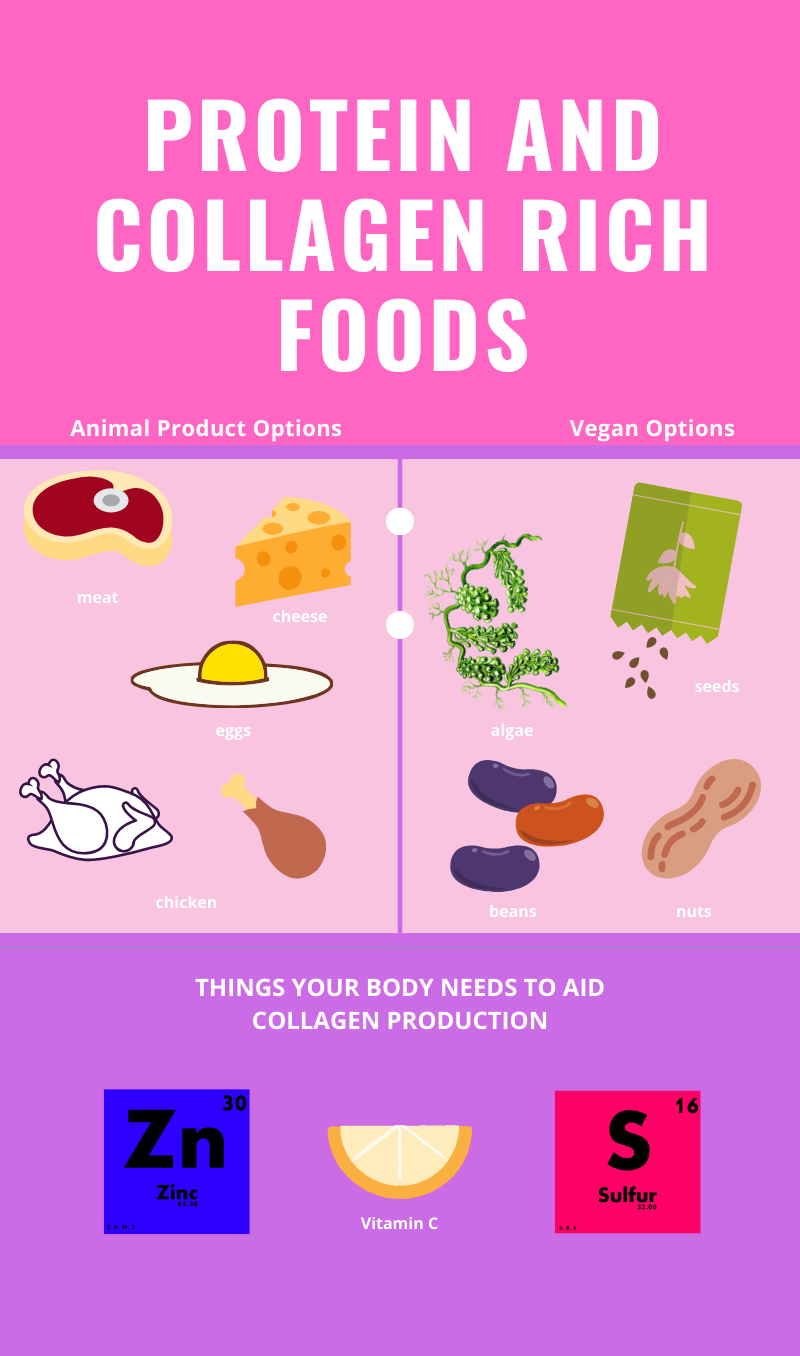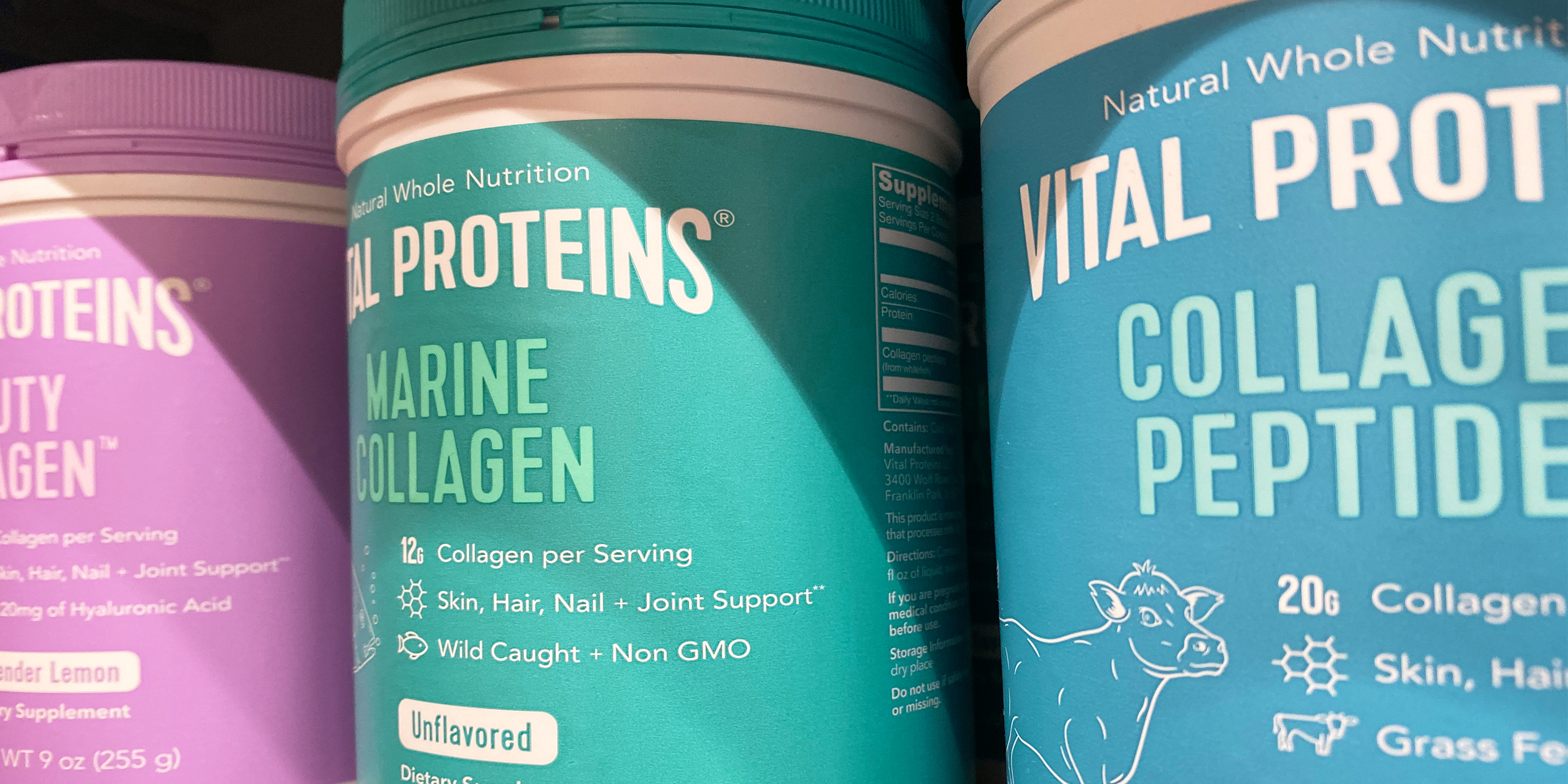Let’s start out by saying I’m probably the dream consumer for most brands. Anything bright or pastel, fitting a sort of minimal but artistic aesthetic, claiming to be the latest health fad? You’ve got my attention and, most likely, you’re about to get my money. Throw in an ad with a celebrity I like? I’m sold. It’s kind of embarrassing, to be honest, but I’ve been this way as long as I can remember. And despite being dragged out of stores by friends trying to convince me I don’t need some product (hello, blender I tried to get from Target because I saw Chrissy Teigen using it on Instagram), I’ve accepted my disposition.
My consumerism, despite draining my wallet, has had some benefits. BlenderBottles that I first was introduced to because I saw Nicki Minaj post a similar product on her page? I use mine at the gym every day and it was worth the money. Athletic waist trainers I saw Khloe Kardashian wearing in her gym Snapchats? They definitely help my posture while on the stair master and keep my core activated.
So when I saw Kourtney Kardashian announce there was a collaboration between her lifestyle brand POOSH and Vital Proteins, a collagen powder company, I was intrigued. I’d heard a lot of talk about collagen and numerous friends of mine used it because they heard it was good for their skin and nails. As I looked into their collaboration, one product being called “Collagen Vibes,” I realized much like people use “vibes” as a word to refer to nearly everything without really knowing what they mean. Collagen is like the “vibes” of the supplement world. Does it really work, or is it just a fad that makes money and looks cute on Instagram?
To see if collagen is worth its price tag, about $22 to $25 per 16 ounces, and if it actually does benefit your skin and nails as it claims to, we first need to take a look into what collagen actually is — check its vibe, if you will.
Essentially, collagen is a protein that is already in our bodies. It serves as a building block for the glue between our ligaments, makes up much of our skin, and is also in our muscles. It keeps us strong and healthy, as well as prevents our body from falling apart. I spoke with Shahana Khan, a registered dietician, for more information on the scientific functions of collagen.
Khan stated that intaking extra collagen isn’t very necessary because it is something our bodies already make based on our natural diets. Taking collagen supplements won’t harm you at all, but they won’t necessarily be that magic spark that transforms your skin like many people think.
Most collagen found in the powder or supplemental pill form comes from bovine sources. Often times it is sourced from cowhides or taken from animal bones. As popular as collagen powders are becoming, the vegan and vegetarian options are very limited. However, as Khan pointed out, if you are worried about your collagen intake or want to produce more, eating collagen in its pure form is a better option, and there are many vegetarian choices this way. Chicken, beef, fish and eggs all contain high amounts of collagen. If you are avoiding animal products, spirulina, algae, nuts and seeds all contain large quantities of collagen as well. This gives you more options, as opposed to being limited to the animal-based collagen found in most powders.
“What is a powder? It’s just a source, so why not get it from food? Food has other micronutrients and things that will aid in the absorption of nutrients that will benefit your body more than just the powder. It’s processed. The less processed the better,” said Khan.
It is a common belief among collagen skeptics that intaking collagen powder provides no benefits because our stomach acid destroys it before we can absorb the nutrients. Khan said this is not necessarily the case. When we consume collagen in any form, our gut breaks it down into amino acids. This is not the same as destroying the collagen completely. These amino acids are actually what help improve our skin, nails and other parts of our body. However, whether consuming collagen will yield such effects is very dependent on each individual.
Khan also stressed that if individuals are concerned with their collagen intake, eating foods rich in collagen often have other nutrients that are necessary to promote an increase in collagen production, such as Vitamin C, zinc and sulfur. By eating protein-rich foods that also have these nutrients, not only would you be nourishing your whole body and intaking collagen, but you would help the entire production process as well.

Yusra Shah 14 East Magazine
Khan went on to say, “If you’re taking collagen for your skin because you think it will make your skin better, if your body thinks that you need to heal another thing, or if it thinks you need stronger ligaments, it’s going to take care of that first.” This means that if the sole reason you’re taking collagen is for better skin and nails, that is not always going to be the case. The amino acids harvested from the collagen will go toward whatever is in need of them the most, which is not always your skin. Because of this, some people do not see the intended results from their collagen supplements. Although this isn’t bad, because the collagen is still helping your body, it just might not be doing it in a way that you thought you needed.
Essentially, collagen is processed almost the same way as most protein powders, and doesn’t necessarily do anything special for our skin or nails that other powders wouldn’t. The main difference is that collagen has a variance in amino acids, Khan pointed out. If you are taking collagen powder solely as a protein powder, it might not be the best move. It lacks tryptophan, which is an amino acid found in most protein powders. Tryptophan has many functions, but is known to help with neurotransmission and nitrogen balance. Because of this, some people find collagen protein powder as an inferior source of protein. That being said, collagen protein powder contains hydroxyproline, which is a big source of the collagen itself. For the most part, that is not included in other protein powders. Though keep in mind that even with hydroxyproline, your body will still break down the collagen and direct the amino acids to aiding whatever your body needs help with the most, so you still may not get the desired effects on your skin or nails.
Instead of taking collagen purely to improve your body in an outward sense, such as focusing on your skin and hair, it can still help with your internal health, such as muscles, bones and connective tissues. If you view collagen as a holistic tool to help your health in general, you can better measure your results instead of focusing on just one area. This is what Joey Cahue, a 21-year-old student, uses her collagen protein powder for. Cahue has been using her collagen products for three years.
“I take it because I think it’s one of the best ways to repair everything in your body after a hard hitting workout. I know protein and carbs are key after a workout, but collagen aids in metabolism and the immune system,” she explained. Cahue also added that she does like the added benefit that collagen is good for skin and hair, which is exactly how I think collagen should be viewed. While collagen can help strengthen hair and skin, thinking of those benefits as a byproduct instead of the main event is a good way to realize collagen’s true purpose. Again, collagen, after broken down into amino acids, goes wherever the body needs it most. You will realize that it won’t get rid of all of your wrinkles right away or heal your bald spots.
Cahue discussed that compared to regular protein powder, she thinks collagen makes her feel better overall.
“I’m not sure if it’s the placebo effect, but I feel like it does more for me than just protein powder. If I don’t have collagen protein powder on hand, the body is capable of making collagen with protein rich foods such as chicken and eggs,” she explained.
This was the general attitude of Khan as well. Is collagen powder beneficial? Yes, it can be. But it’s nothing that our body doesn’t already make or can’t produce more of with the help of protein rich foods. If people are worried about visible signs of aging, such as wrinkled skin, there are ways to prevent loss of collagen that occurs with age. Khan pointed out that sugar destroys natural collagen bonds, as does pollution and excessive sun exposure. By limiting sugar intake and being careful of your environment, you can prevent the natural loss of collagen in your body.
Does that make sense to me? Definitely. It’s similar to working out. If you want to see real results, you need to be aware of your environment and things that affect your body, such as food intake and supplements. If you want your body to produce more collagen, you need to make sure you’re doing what you can to help it too.
Ideally, I would limit my sugar intake and try to be more careful of my environment. But realistically? I can’t promise myself that. In that case, I might explore collagen as an option because it definitely does no harm, but it also isn’t that secret potion that makes you look like an Instagram face filter. So Kourtney, I love you and your collagen vibes, and as a crazy consumer, I still might buy the products. But if I was looking to truly change my skin, hair and nails? There’s definitely more natural and effective ways to achieve that than collagen powders.
Header Image by Natalie Wade, 14 East




NO COMMENT